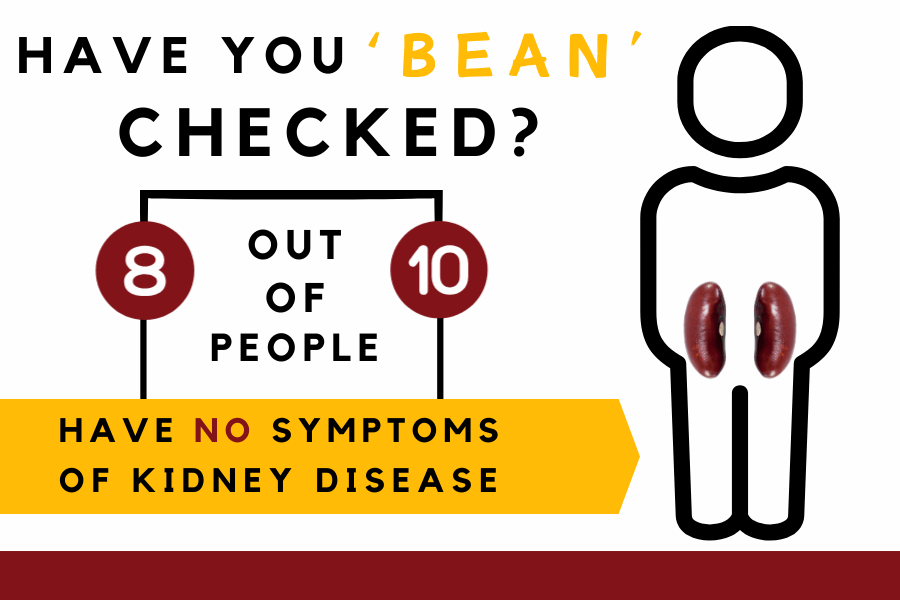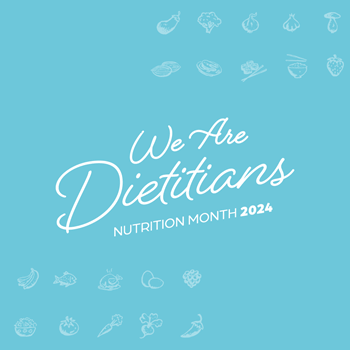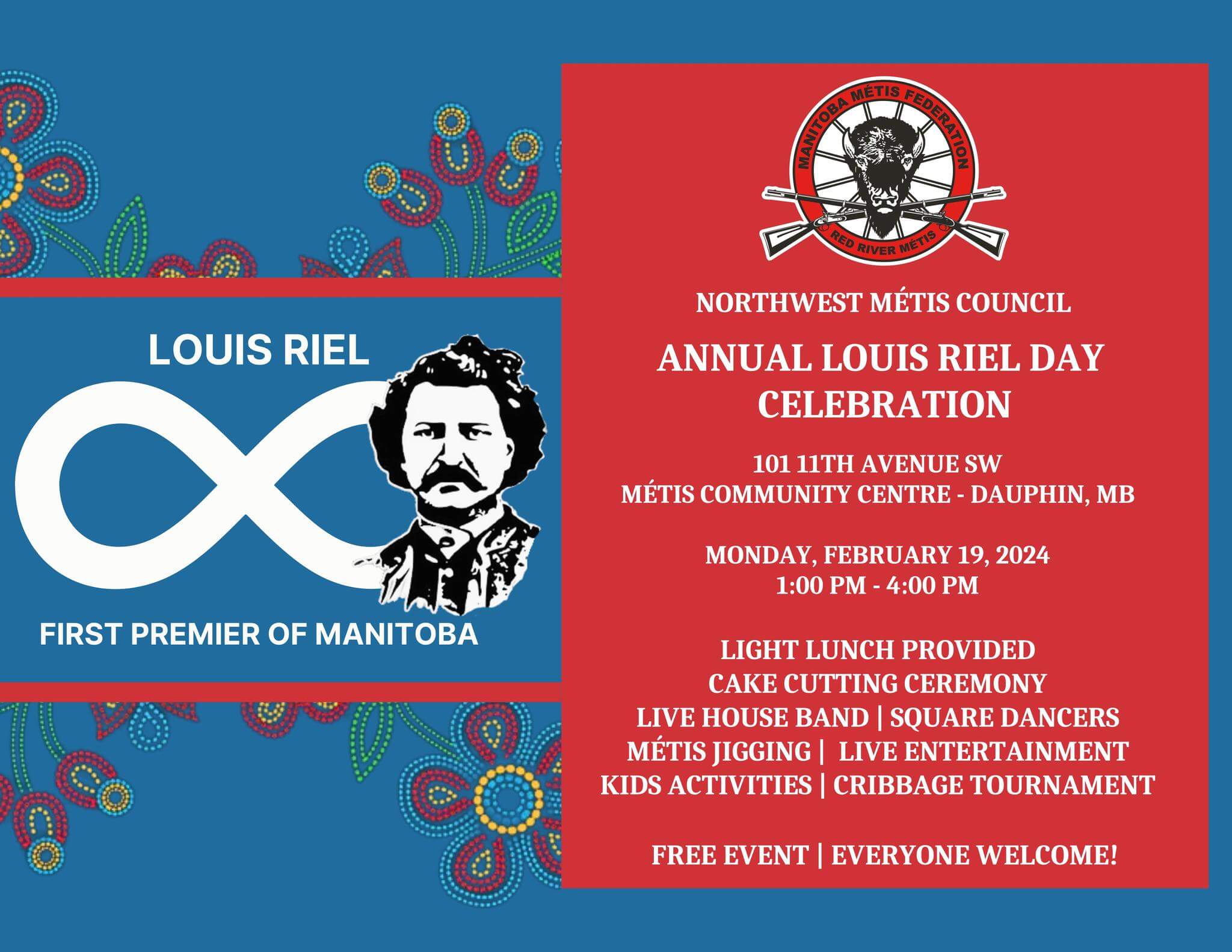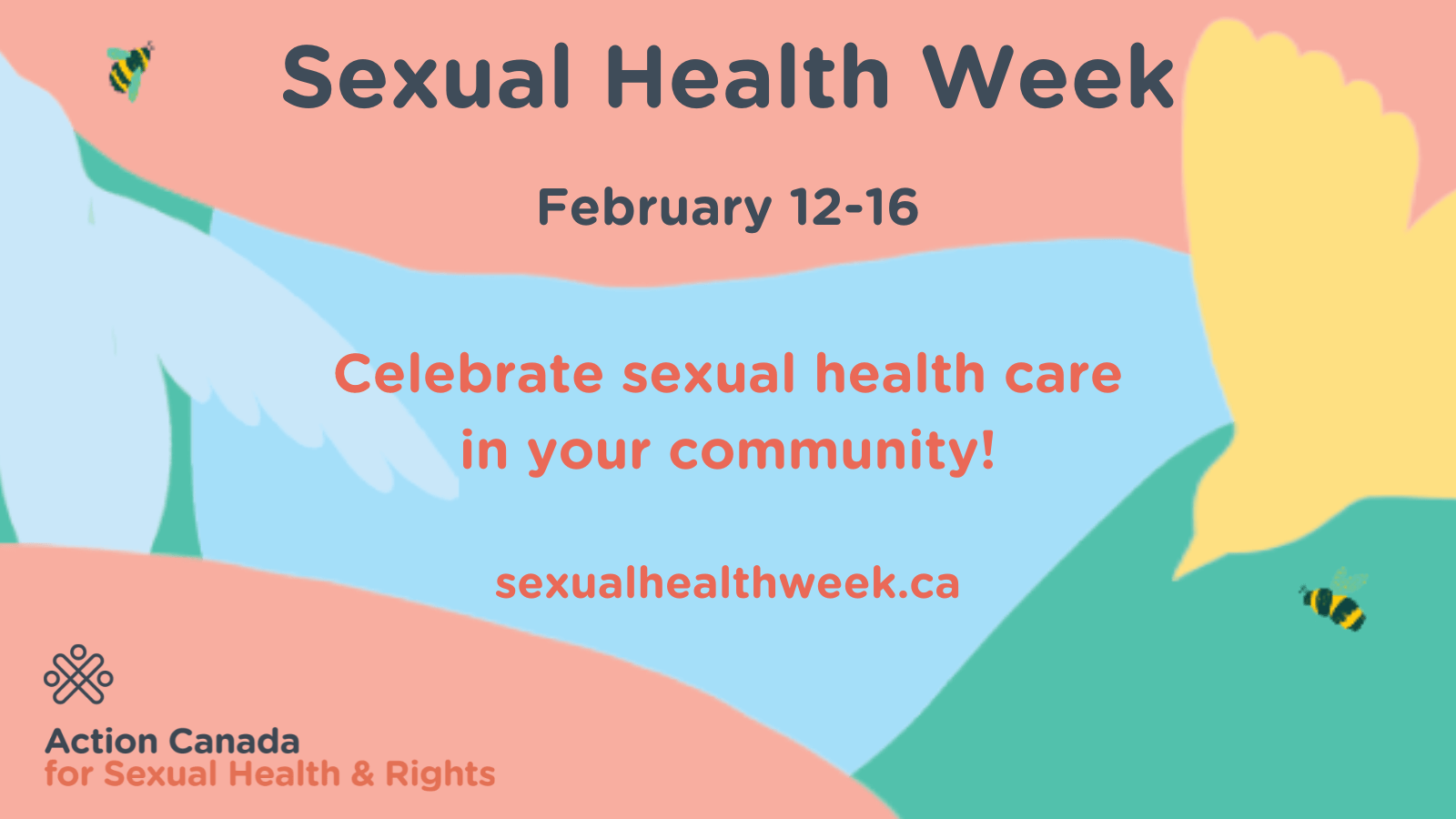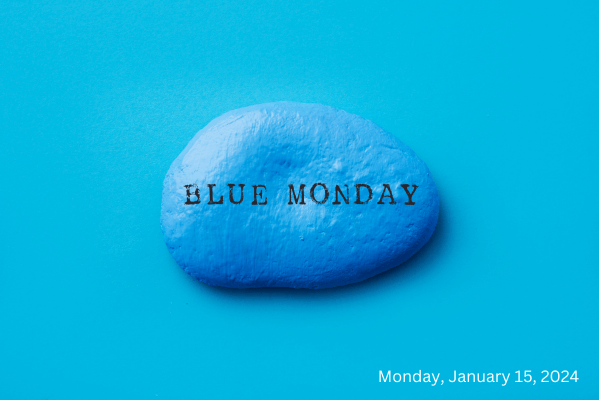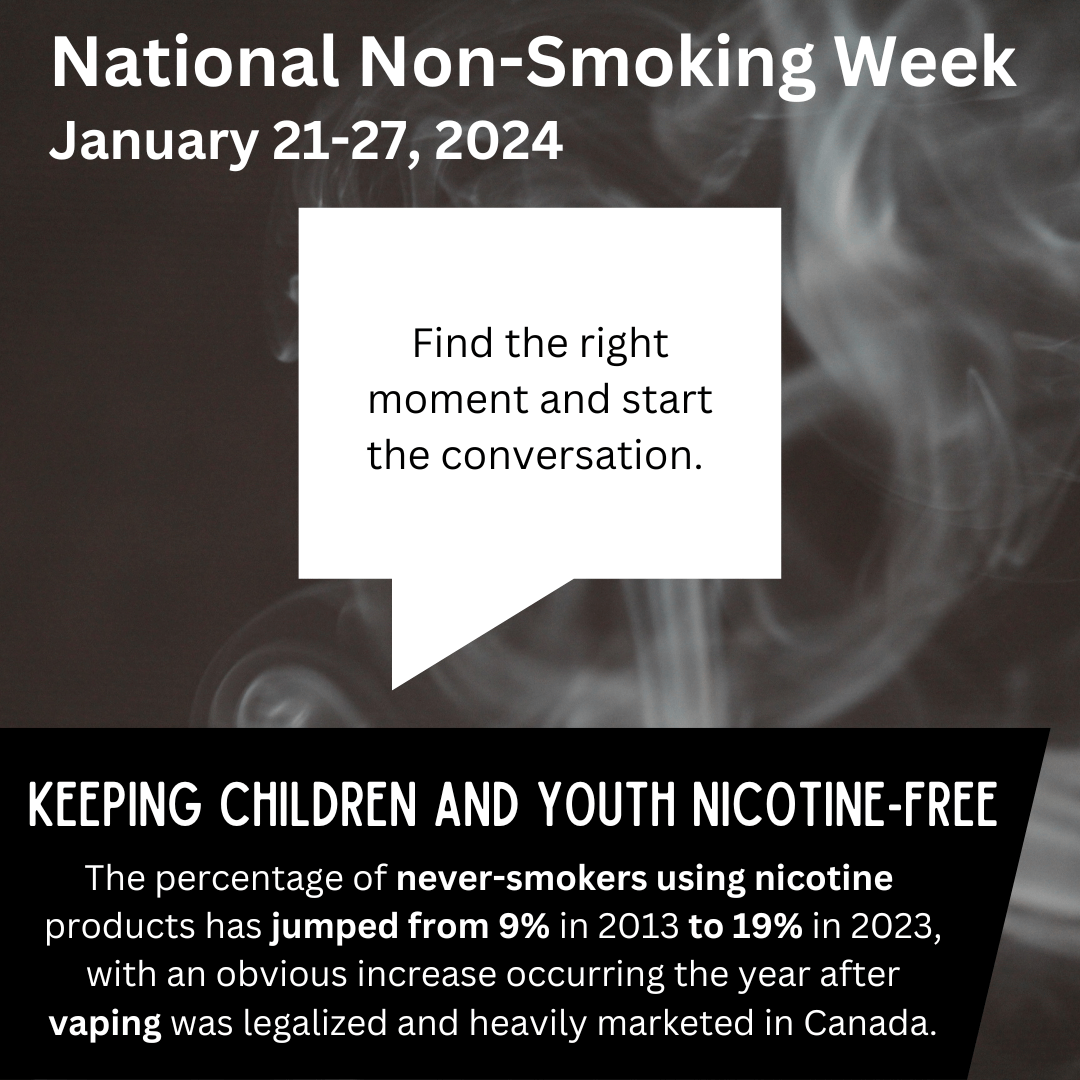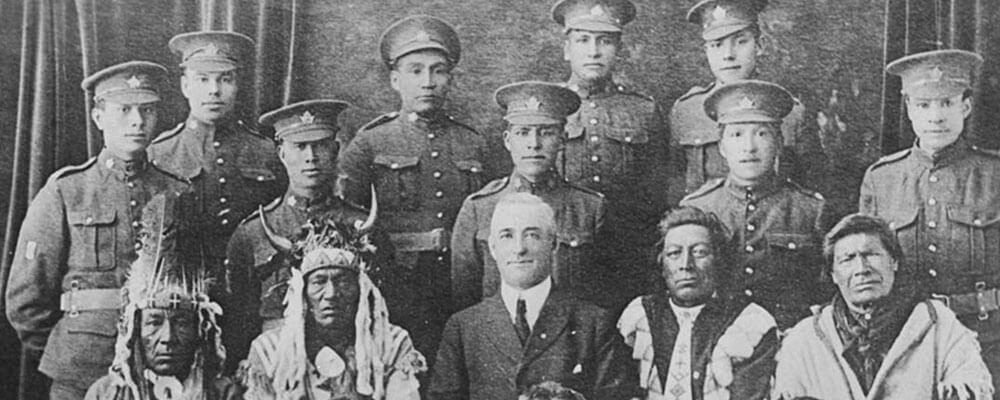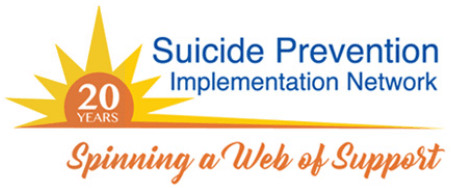In the End, Every Moment Matters
Across Canada, National Volunteer Week (April 14-20, 2024) celebrates the individual and collective actions that volunteers participate in to create strong, interconnected and engaged communities. The Palliative Care Volunteer Service would like to acknowledge and applaud the contributions of over 225 palliative care volunteers in many communities across Prairie Mountain Health.
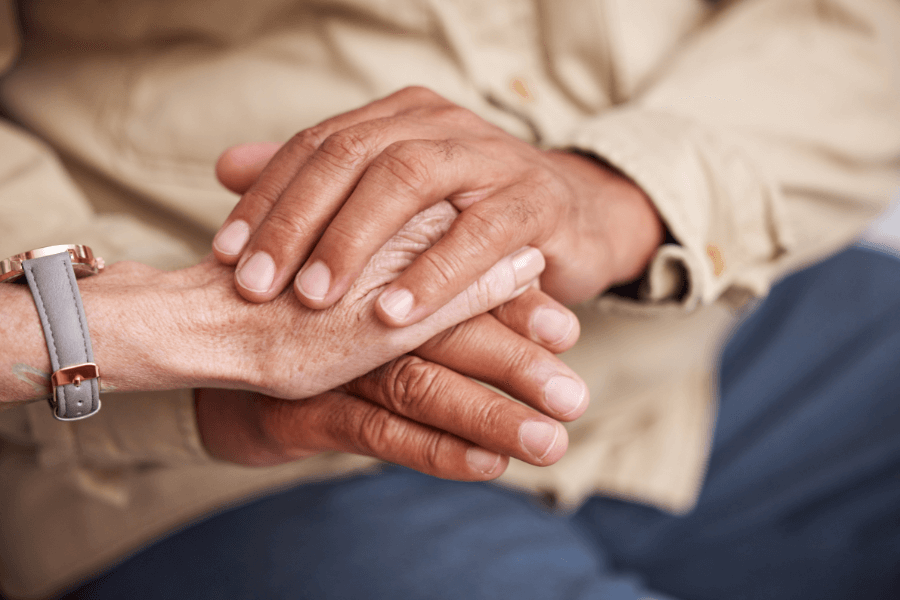
The Palliative Care Volunteer Service is comprised of a network of 20 community service groups who are dedicated to the improvement of palliative care in their local community. Palliative care volunteers come alongside, and complement, the existing professional services available in the home, hospital and personal care home setting. Dedicated and trained volunteers offer an additional layer of support, letting clients and families know that their local community cares. In these moments, and the relationships between them, volunteers find greater purpose, a sense of belonging and hold a common thread of hope. “We understand and share the hope that at some time, or in some way, we will all face the end of life; and when that time comes we will have the love and support of our family and the greater community” (Holly, volunteer).
The theme of volunteer week 2024 is “Every Moment Matters”. For individuals and families facing end of life, every moment is profound and valuable. Palliative care volunteers share their time, skills, empathy and creativity to shine a light in these important moments. Volunteers can be called upon to offer client companionship, caregiver respite, practical resources, end of life vigil sitting and bereavement follow-up. Volunteers also engage in activities that promote palliative care awareness, such as fundraisers, advocacy events, death cafes and community grief workshops. In the moments that matter the most, volunteers are available to hold space for clients and families, with a kind smile, a listening ear, words of encouragement and a caring embrace.
During National Volunteer Week 2024, we come together to recognize and celebrate the importance of each and every volunteer in our program. Volunteering matters and by sharing these moments we co-create the neighborhoods, culture and society we want to live in, and die, in. Thank you to the following community service groups:
Birtle Palliative Care Committee
Boissevain Palliative Care Committee
Carberry Palliative Care Committee
Dauphin Palliative Care Committee
Deloraine Palliative Care Committee
Erickson and District Palliative Care Committee
Glenboro Palliative Care Committee
Hamiota Palliative Care Committee
Killarney Palliative Care Committee
Melita Palliative Care Committee
Minnedosa Palliative Care Committee
Neepawa and District Palliative Care Committee
Reston Palliative Care Committee
Riverdale Palliative Care Committee
Rossburn Palliative Care Committee
Russell Palliative Care Committee
Shoal Lake Palliative Care Committee
Souris Palliative Care Committee
Virden and District Palliative Care Committee
Westman Hospice (Brandon)
If you would like to learn more about the Palliative Care Volunteer Service please visit our website or contact Palliative Care Volunteer and Bereavement Coordinator, Carla Mitchell, 204-578-2310. All volunteers are registered with Prairie Mountain Health and receive training to prepare for the volunteer role.


